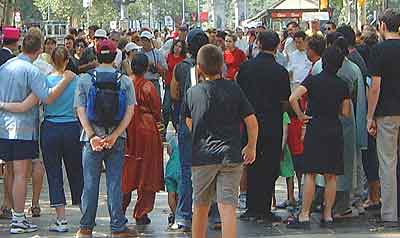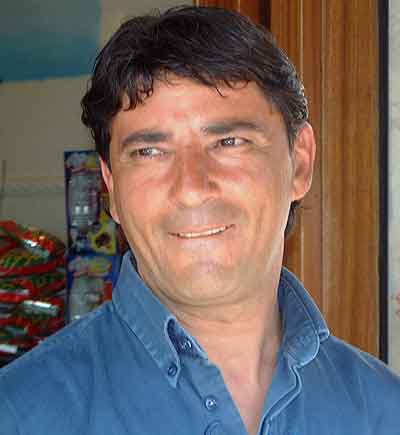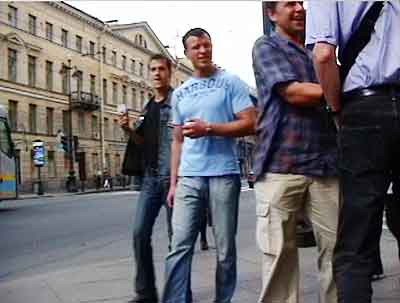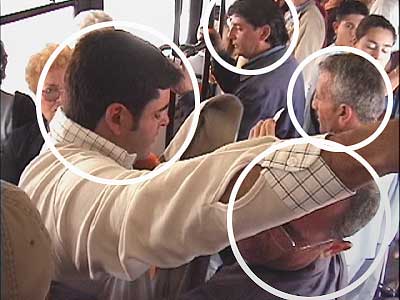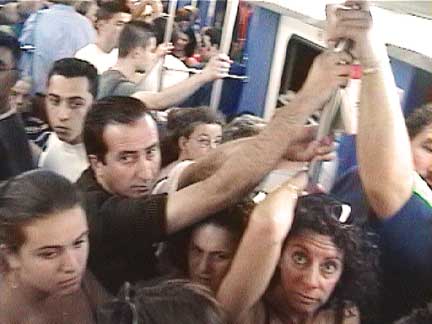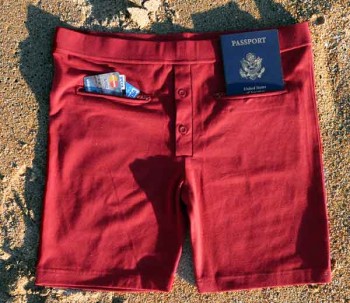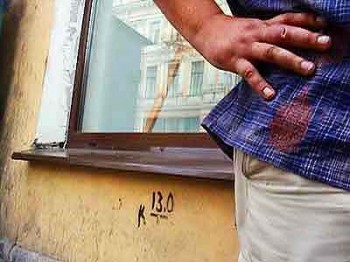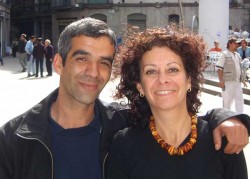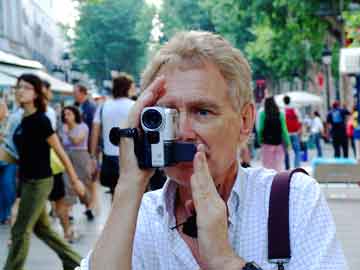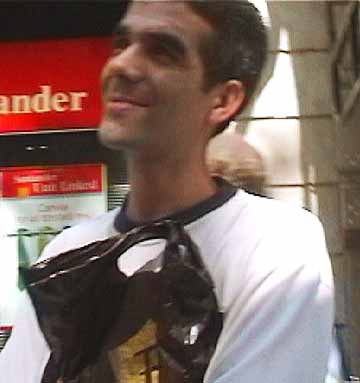High and Dry on the Streets of Elsewhere
Chapter One, part-e, Travel Advisory —

A somber crowd was gathered outside the police station. While Bob helped a Japanese tourist file a report inside, I interviewed the congregation of victims.
Mary from Akron was waiting with her daughter while her husband told his sad story upstairs. Her husband’s wallet had been stolen on bus 64. Mary still had her cash and credit cards, so she was rather jolly about the loss. The family was scheduled to go home the next day, anyway.
“We’d been warned about these nuisance kids,” Mary admitted, “but my husband is just too kind. He knew they were close but he wouldn’t shoo them away. Poor Wilma here, though, she never had a chance.”
Wilma from Tampa had just arrived that morning. She and her husband had flown into Rome and taken the airport express train to the city. They’d been hit at the airport train station.
“This was no kid!” Wilma spat out angrily. “It was a man, a regular Italian man.”
“Take it easy, honey,” Mary patted Wilma on the back.
“He lifted my husband’s suitcase onto the train for us, then came back down to get mine. Before I could even thank him he was gone.”
Wilma had fresh tears in her eyes. Mary rubbed and patted her arm.
“In that instant, he got the wallet from my husband’s pocket and the purse from my tote bag. He got all our money, all our credit cards, our airline tickets home, and our passports.” Wilma was crying now. “We have nothing,” she whimpered, “not even the name of our hotel.”
“Sure you do, sweetheart,” Mary soothed her. “It’s going to be all right. I gave her $100,” Mary explained to me. “They had absolutely nothing.”
These two women had only just met, here at the police station half an hour ago. Now they were sisters of misfortune.
I turned to two young men who had been silently slumped against their backpacks, listening.
“They got him on the bus, too.” the blond one said. He sounded like a Swede.
“Where were you?” I asked.
“In the back,” the other said.
“I mean, where was the bus?”
“Oh. Bus 64, like her. At the Vatican.”
“And you guys?” Another family had appeared.




